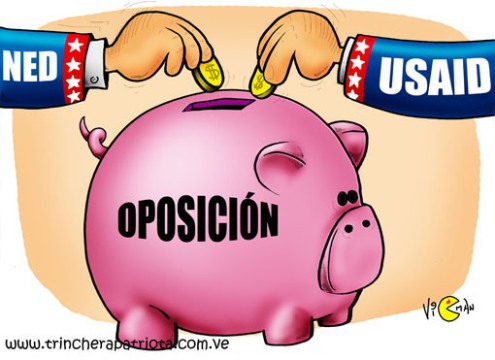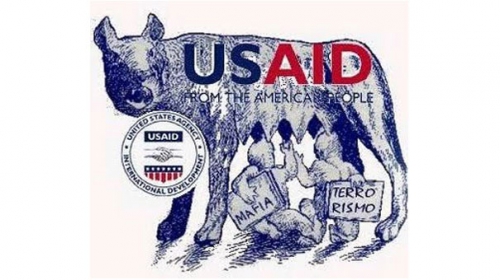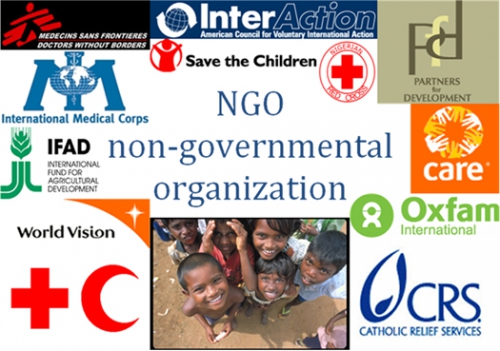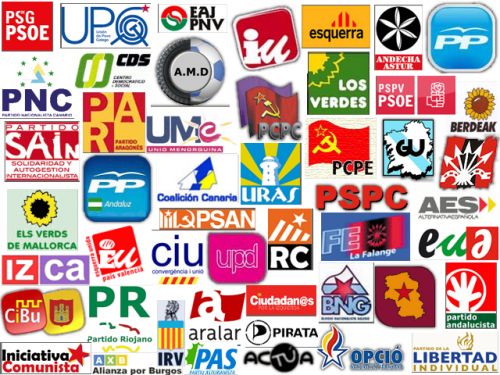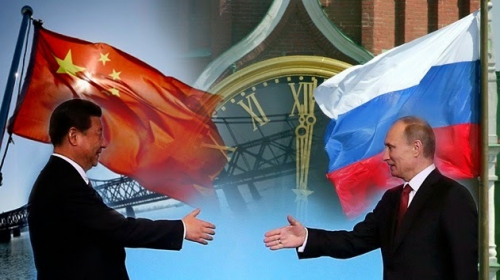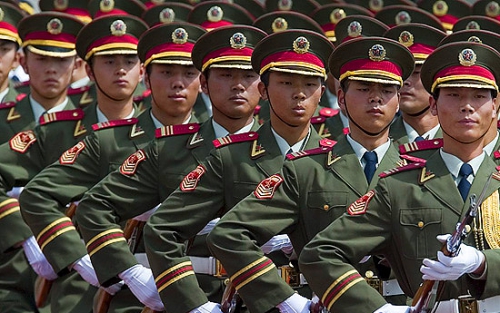Ex: http://www.counter-currents.com
The European Union has often been accused of being “fascist” by mainstream nationalists. This accusation, while typically melodramatic, is not absurd insofar as “fascism” is used as shorthand for “undemocratic.” Mainstream EU-philes have long been embarrassed by their regime’s so-called “democratic deficit,” with formal standards of political rights falling far short of what citizens can expect in national bourgeois regimes.
The EU is, in effect, an elitist and hierarchical regime of ministers, diplomats, lawyers, central bankers, and international civil servants. (I will use “Eurocrats” as shorthand for this constellation of both national and EU figures, including leading politicians.) Citizens’ political options are thoroughly circumscribed by these elites and the dogmas of the European treaties, which are far more prescriptive, especially in terms of economic policy, than any national constitution (in effect, enshrining neoliberalism as an immutable principle).
What’s more, European integration has been imposed as a top-down and opaque process. Integrationists have often been remarkably unclear as to what their end-goal is. A mere intermediary step to a world government (Jean Monnet)? Deceptively, no more than a common market (Ted Heath)? A European federal state (Helmut Kohl)? The traditional method has been not to create a European superstate following a grand, continental democratic debate, but to inch one’s way to wherever we are going, almost imperceptibly, like the movement of tectonic plates, through the continuous conspiring of said diplomats, lawyers, and bureaucrats, and periodically presenting the peoples of Europe with the fait accompli.
This process has accelerated since the 1990s. The fall of the Berlin Wall and German Reunification led to both elation – finally the communist tyrannies were overthrown and the threat of Europe’s nuclear annihilation was lifted – and, though this is conveniently less remembered, fear. Leaders such as François Mitterrand, Margaret Thatcher, and Hans-Dietrich Genscher, remembering the two worlds wars, feared that Western Europe had perhaps only been pacified through common fear of the Soviet Union and that a newly-sovereign Germany might threaten the continent’s hard-won peace.
Mitterrand’s[1] response was to force the march of European monetary union, in effect morally blackmailing the German government to commit to creating a common currency, which the Frenchman still hoped would be called the écu (European Currency Unit), but which in the end gave us the Euro.
Eurocrats have been trying to cobble something half-coherent together ever since, whether their peoples wanted it or not: Chancellor Helmut Kohl’s forcing a recalcitrant German people to abandon the Deutsche Mark without referendum; the Eurozone’s highly authoritarian design as a supra-parliamentary regime dominated by the central bank (instituted to allay the Germans’ fear of inflation); the passage of the Lisbon treaty despite the French and Dutch peoples’ rejection of a near-identical text (the “Constitutional Treaty”) by referendum; and since 2010 the largely extra-legal crisis management and ever-greater centralization of the Eurozone, all done without any preceding democratization, as the dysfunctional monetary union attempts to survive despite being buffeted by the winds of the international financial speculation characteristic of our globalized, neoliberal world of borderless capital.
None of this is defensible in terms of “democracy.” Rather, Eurocrats’ recurring and continuous violation of democratic principles is only defensible in terms of an elitist critique of democracy (“fascism” in common parlance) which, unlike the Fascists and National Socialists, they do not have the intellectual honesty and courage to state explicitly.[2] At the risk of putting words in their mouths, EU leaders’ implicit argument is thus: The higher interests of the European peoples (peace, prosperity, political unity . . .) are simply more important than these democratic principles, and therefore these principles may be suspended when the two conflict (often the case, as public opinion in the various nations typically pulls in different directions, reflecting different interests and the usual vagaries). Eurocrats argue furthermore: We, as an enlightened and steady elite, are better qualified to know what is good for Europeans than the inchoate spasms of public opinion.
At the risk of sounding provocative, there is perhaps only a difference in degree between mainstream EU leaders’ rationale for periodic suspensions of democracy and the National Socialists’ rationale for creating a one-party dictatorship.
Eurocrats then enter a dangerous contradiction. The EU is explicitly founded on what I would call the “assumptions of 1945”: A war waged notionally for “democracy” and against ethnocentrism as the highest evil (incarnated in National Socialism). Yet, Eurocrats violate these democratic principles to prevent a putative “return to pre-1945.” This highlights the moral bankruptcy and hypocrisy of Europe’s ruling of establishment: They both violate democracy in practice and persecute nationalists (such as the Front National) under the pretext that they are a “threat to democracy.”[3]
In fact, the postwar regime’s claim that 1945 is a kind of “year zero” is not defensible. There is a veritable cottage industry of academic scholarship showing the ideological and human continuities between interwar “fascism” and postwar European federalism. French volunteers to the Waffen-SS were most often driven to don the German uniform – despite their homeland being occupied by German troops! – and risk the ultimate sacrifice in the name of a European ideal, namely, the common struggle against Bolshevism.[4] The technocrats of the French State of Vichy became the technocrats of the European Commission of Brussels, both considering that the corrupt French parliamentary regimes had retarded economic development.[5] Actual Fascists and National Socialists such as Oswald Mosley, Savitri Devi, George Lincoln Rockwell and the members of CEDADE (which included SS-Standartenführer Otto Skorzeny and Volksführer Léon Degrelle) became impassioned advocates of pan-European cooperation – they, like mainstream Europeanists, argued that Europeans’ shrinking share of world population and power meant they needed to present a common front.
I personally believe Europe will only achieve salvation if there is reconciliation and an overcoming of the assumptions of 1945. There is much good in the liberal-democratic tradition.[6] The trouble is the bourgeois regimes use exaggerated pretensions of democracy in order to demonize and persecute their enemies: Any unduly successful opponents at home (Jean-Marie Le Pen) or abroad (Vladimir Putin) are opportunistically labeled “undemocratic.” We must reject such exaggerated and self-interested claims, such “demoliberal lies.”[7] What’s more, since the 1960s, and with ever-growing hysteria, any disciplines upon the individual have become equated with tyranny.[8] Pushed to excess, liberty and equality become individualism and egalitarianism, which in turn become no more than an apology of selfishness and narcissism,[9] to the detriment of the common good.
Rather, Europeans must explicitly acknowledge that hierarchy and discipline have their rightful place in any good society and government,[10] alongside our well-known individualist and egalitarian traditions. The frank defense of ethnic self-interest and awareness of evolutionary realities must counterbalance our propensity towards universalism. So too must the sincere, if naïve, mainstream proponents of European integration and the nationalist resistance movements be reconciled. Then, terms such as “fascist,” “democratic,” or “racist,” will cease to be loaded and meaningless terms of praise or abuse, in that genuinely and terrifyingly Orwellian fashion, meant only to paralyze us in our very minds and make even our self-defense unthinkable. Europeans, having emancipated themselves from this oppressive grammar, will then again be free to think and shape their destiny.
Notes
1. Mitterrand himself is an enormously ambiguous figure: decorated Vichy official, last-minute resister, parliamentary politician, defender of French Algeria, opponent of President Charles de Gaulle, Marxoid Socialist opposition leader, architect of neoliberalism and austerity, simultaneous promoter and demonizer of the Front National (to divide the right), and finally “European statesman.” The latter, accomplished as he was cancer-ridden and after this long, sinuous career of apparently no more than cynical opportunism, was his great claim to being a historical figure, of not having been merely a talented nihilist.
2. Admittedly, Eurocrats will occasionally acknowledge the undemocratic nature of the regime. Italian central banker and Euro architect Tommaso Padoa-Schioppa for example once termed the EU a system of “enlightened despotism.” However, the backlash against such statements makes such candor rare.
3. Indeed, the FN has become, for better or for worse, the most coherent and effective critic of the current regime and apologist of the nation-state, in the name of traditional liberal democracy.
4. See Robert Forbes, For Europe: The French Volunteers of the Waffen-SS (Stackpole Books, 2010).
5. See Antonin Cohen, De Vichy à la Communauté européenne (PUF, 2012).
6. Specifically, at least in peacetime, a good government must feature checks and balances, free speech, and loyal opposition, which allow the regime to self-criticize and self-correct according to the vagaries of experience, changing circumstances, and inevitable mistakes. I also believe rather substantial democratic elements are desirable: Only elites may govern, but they must be made to govern insofar as possible in the public interest, rather than their narrow interests.
7. Following the Italian school of elitism, we know that truly democratic regimes are impossible, but inevitably are dominated by elites. A regime that lies on this point however is more odious than a regime which frankly acknowledges the truth. A regime of truth is always preferable to a regime of lies. Take these lines from the American canon: “all men are created equal,” “We the people,” “Government of the people, by the people, for the people.” Can anyone claim that these pretensions of the American regime were sincere then or have come to be practiced since?
8. To cite only the most obvious discipline on individuals we need today: The necessary gender roles and social incentives for every European couple to raise, say, 2.5 children on average.
9. “Equality” comes to mean refusal to acknowledge one’s betters or one’s difference, in effect, a narcissism only possible through profound self-ignorance, ignorance of one’s own nature, which no doubt explains the excesses of student movements and feminism.
10. This would probably merit an essay in itself, but I am struck at, again by some ruse of history, how a certain hierarchy (“democratic deficit”) and discipline (“austerity”) have returned to Europe through the EU. Although the European Communities were initially dominated by the French, the EU’s current hierarchy and discipline strikes me as essentially of German origin. The historian A. J. P. Taylor has written of 19th century German liberals that their “constitutionalism was strangely abstract, doctrinaire” (The Course of German History [Capricorn, 1962], 55), which recalls German lawyers’ contemporary fascination for the technicalities of the European treaties. This legalism and Luthero-Prussian frugality came together, via the Bundesbank, to form the core of the Eurozone’s philosophy of supra-parliamentary government, hard money, and balanced budgets. The European Parliament’s prerogatives, largely limited powers of obstruction, are roughly analogous to the German parliament’s powers under the hierarchic Second Reich. The EU itself – with its assemblies of heads of state and government, its complex procedures for electing leaders, its ambition of economic unification – rather recalls both the First Reich and the German Confederation. Indeed, the tragedy of Europe can in part be ascribed to the failure of Austria-Hungary and Prussia to turn the Confederation into a genuine economic union. The latter would have been a peaceful unification of Mitteleuropa and its medley of intermeshed European tribes, most notably the scattered Germans. Instead, we had the violent unification of Germany through Prussia and two attempts by Prussia-Germany to unite continental Europe by war, which not only failed but durably poisoned relations between European nations. (Would the effort have been worthwhile had Prussia-Germany succeeded? We can only speculate.) Yet the EU has emerged for the same reason the First Reich and German Confederation emerged: To create some order, economic and political, in the mess of interdependence that is Central Europe, a mess whose most important fact is the presence of so many Germans.
Towards the end of his 1940 memoir on his reporting from the Third Reich, Lothrop Stoddard wrote:
Most Germans are unwilling to admit even the possibility of defeat. Those who do, couple it with remarks which amount to some such phrase as: “If we don’t win, there will be no victor.” What that means is about as follows: “If this war is fought to the bitter end, all Europe will be plunged into chaotic ruin. Then, with everybody down in the ditch together, we Germans, with our innate sense of organization and discipline, willingness to work hard, and knack of pulling together, can lift ourselves out of the ditch quicker than anyone else.” The moral whereof was, of course, that, no matter what might immediately happen, the Germans were bound to win in the long run. (Into the Darkness: An Uncensored Report from Inside the Third Reich at War [Burlington, Indiana: Ostara Publications, 2011 (originally published 1940)], 198)
How amazing that, within Europe, this has actually come to be! The Germans, not through any instinct of dominance, but merely through their number, discipline, and talents, have come to be the preeminent nation within the EU. Through the Union, can we speak of a return, however deformed, of the German spirit?






 del.icio.us
del.icio.us
 Digg
Digg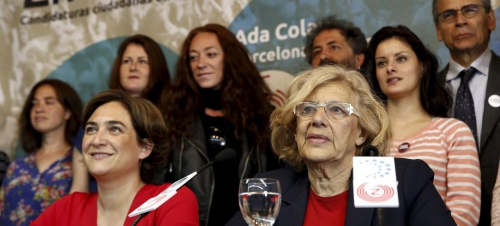
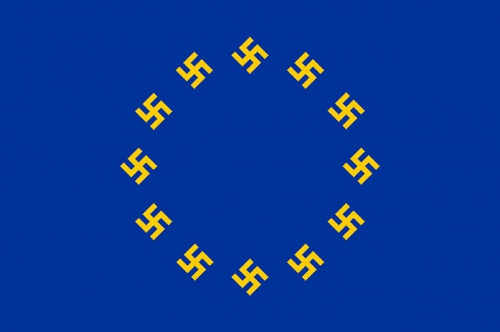
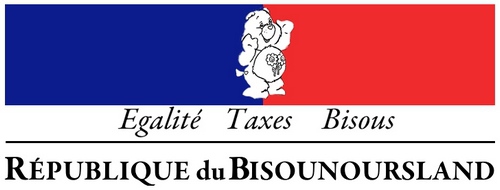



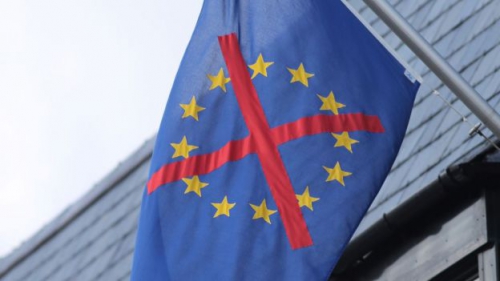
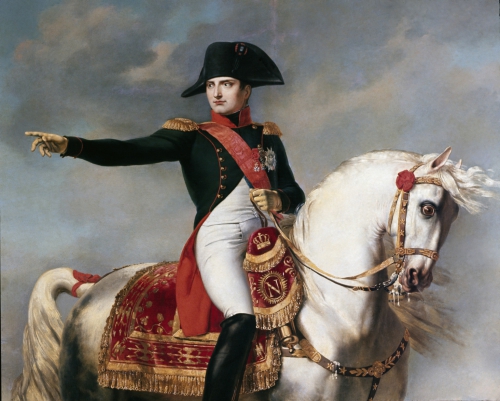
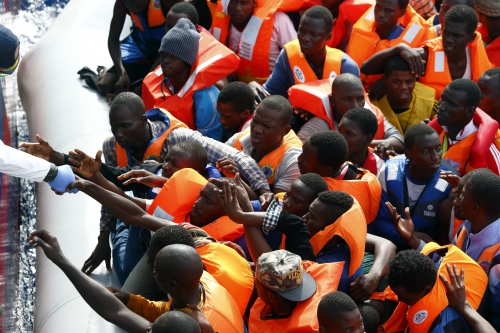
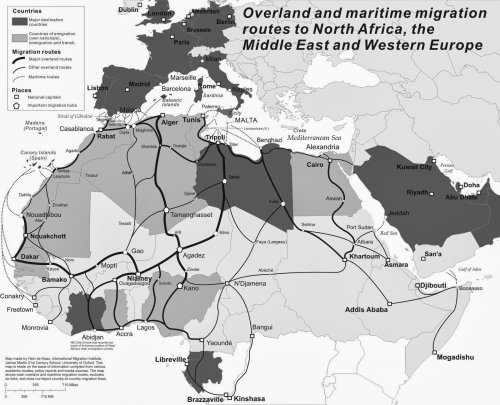

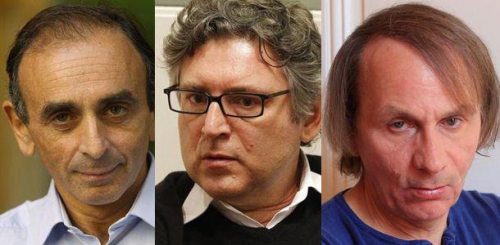

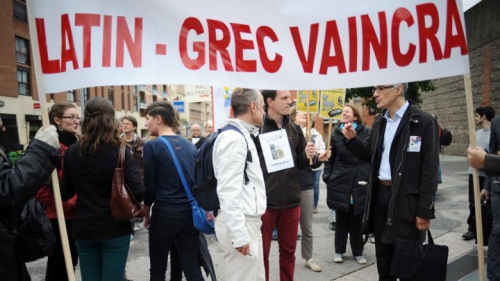
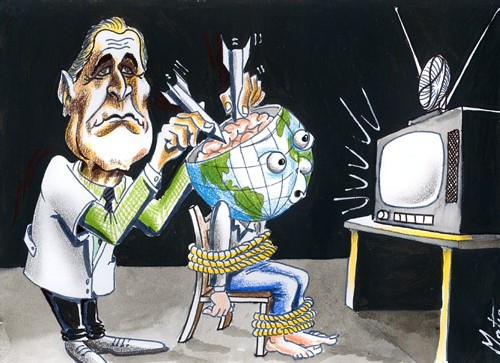
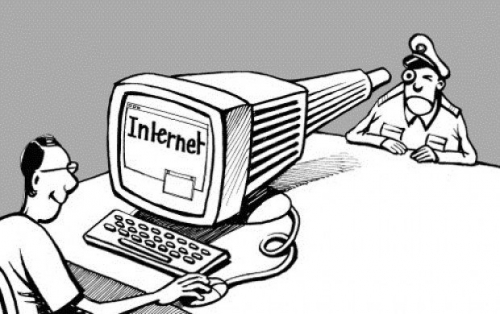
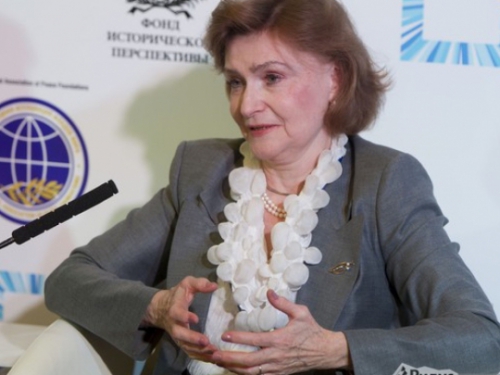
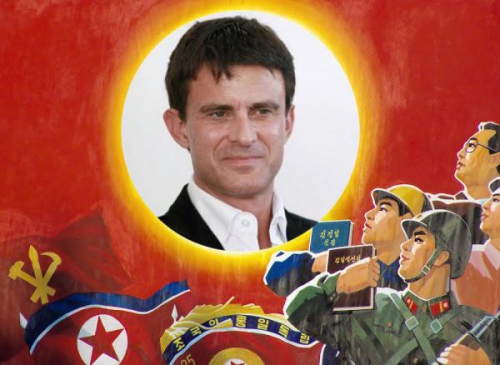
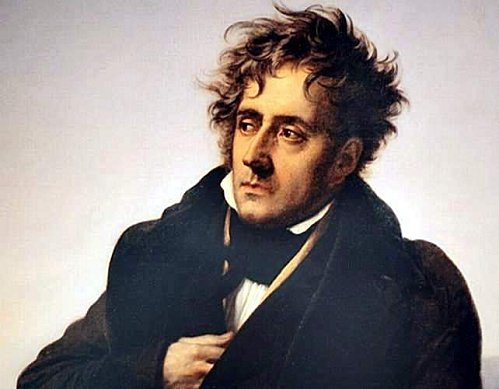

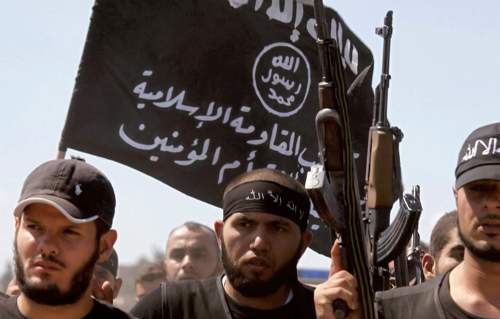
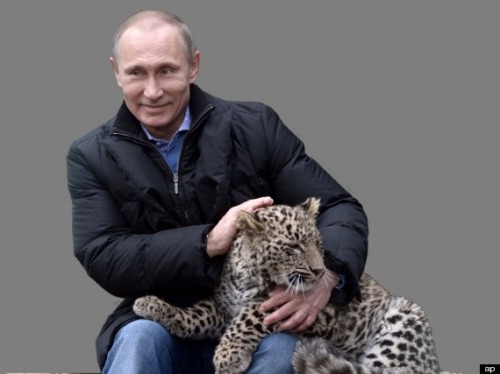
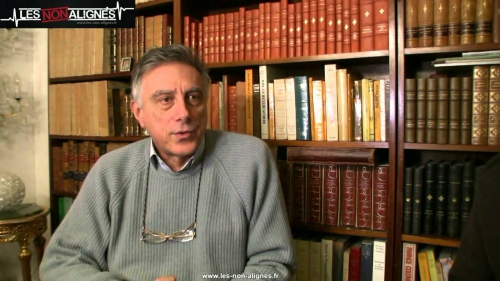
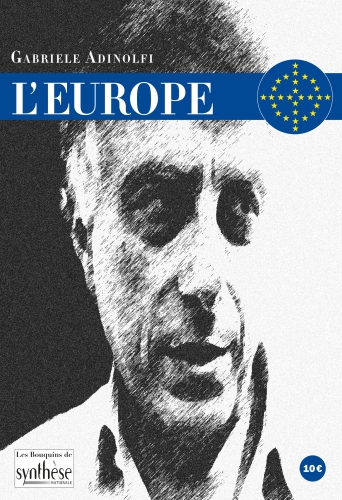 Romain et Italien, Gabriele Adinolfi est aussi un ardent Européen et souhaite ouvrir un débat non convenu sur notre destin commun. Certes, il est le premier à pester contre cette « Europe que nous n’aimons pas (p. 41) ». Son propos déstabilise parfois le lecteur eurosceptique ou souverainiste national béat. Ainsi est-il « favorable au maintien de l’euro mais avec d’autres paramètres (p. 62) ». Dans le cadre des activités du Centre d’études Polaris qu’il a fondé, Adinolfi a en effet demandé à des économistes et à des juristes de travailler sur une Banque centrale européenne dépendante des banques nationales re-étatisés. Il envisage par exemple un « système de monnaie complémentaire (M.C.) […qui] se base sur un certificat nommé R.A.S. (reçu autoliquidant de souscription) (pp. 66 – 67) » dont l’inspirateur serait le théoricien des monnaies fondantes, Silvio Gesell.
Romain et Italien, Gabriele Adinolfi est aussi un ardent Européen et souhaite ouvrir un débat non convenu sur notre destin commun. Certes, il est le premier à pester contre cette « Europe que nous n’aimons pas (p. 41) ». Son propos déstabilise parfois le lecteur eurosceptique ou souverainiste national béat. Ainsi est-il « favorable au maintien de l’euro mais avec d’autres paramètres (p. 62) ». Dans le cadre des activités du Centre d’études Polaris qu’il a fondé, Adinolfi a en effet demandé à des économistes et à des juristes de travailler sur une Banque centrale européenne dépendante des banques nationales re-étatisés. Il envisage par exemple un « système de monnaie complémentaire (M.C.) […qui] se base sur un certificat nommé R.A.S. (reçu autoliquidant de souscription) (pp. 66 – 67) » dont l’inspirateur serait le théoricien des monnaies fondantes, Silvio Gesell.